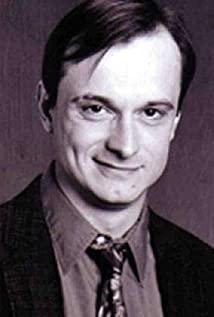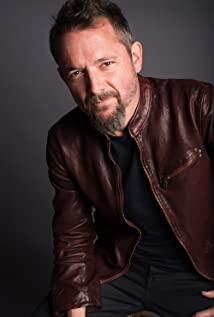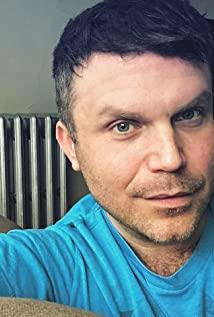The professor of literature enlightened Clark and let him live the life he wanted. Clark played the guitar, took a dip in the bread girl who dropped out of Harvard, and did a lot of things that he never dared to think before. He was happy. At this seemingly good start, Ive (the writer, who seems to me to be a symbol of God) arranges for Clark to lose some of it in order to complete her great work. This is how Clark was "arranged", even death was arranged, without any autonomy at all.
Later, Clark found out about this, and after reading Ive's works, he also thought that arranging his own death at this time was enough to make a great work. This time, he died voluntarily. This time, he made his own choice and was not arranged at all. On the surface, he was helpless, everything was arranged by the author, and even so, he chose to use his own death to achieve a work. He successfully fought his own destiny, and this time, he was victorious no matter what.
The ending of the final work has been revised. It is no longer a disaster, but a great disaster. It was Clark who chose, and it was Ive who chose. Eve also broke through herself, breaking through only the ending of death to achieve a great work.
To live is to live, we choose every moment, we can make choices, even in the face of death, which is a fact that we cannot change, we can still make choices, we can choose to die, instead of accepting death helplessly.
Existence precedes essence, and we all have a choice and a responsibility for it.
View more about Stranger Than Fiction reviews











